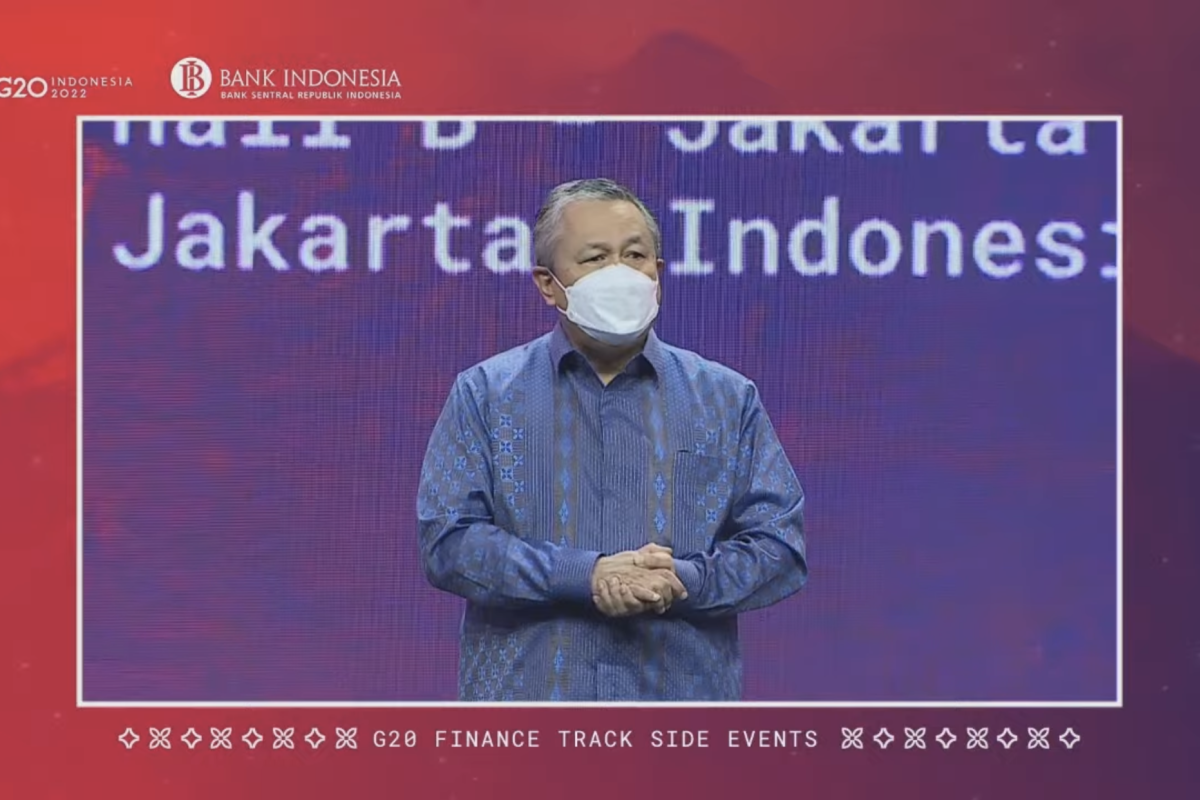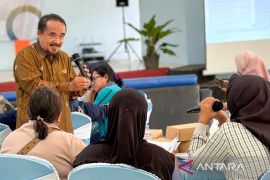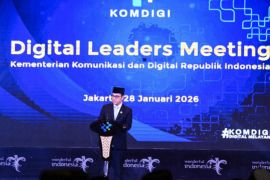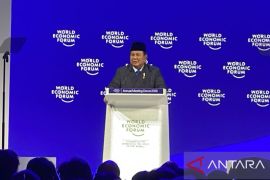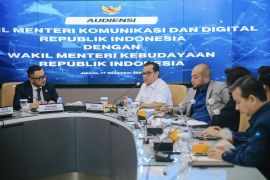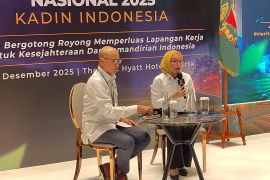This is to ensure the integration of cooperation between banking, payments, and e-commerce to serve the needs of the community and retail paymentsJakarta (ANTARA) - Bank Indonesia (BI) Governor Perry Warjiyo emphasized that digitalization in the payment system is a type of reform that still needs to be restored stronger, especially amid the COVID-19 pandemic.
"The reform that we need to restore stronger is specifically in digitalization," Warjiyo noted at the G20 event related to Digital Payment Innovation of Banking in Jakarta, Monday.
To this end, the governor remarked that digitalization was one of the main agendas in the G20 Finance Track meeting out of a total of six agendas.
Warjiyo expounded that the digitalization reform in the payment system, which still had to be strengthened, encompassed expanding cooperation in cross-border payment transactions, cross-border Open Application Programming Interface (API), cross-border Quick Response (QR), and preparing Central Bank Digital Currency (CBDC).
“We need to work together to cross borders in the payment system, though, of course, taking into account the national interest," he remarked.
Related news: Responding to challenges of press in the age of digitalization
The governor explained that so far, innovation in Indonesia's payment system had begun, as BI publishes the vision for the Indonesian Payment System Blueprint (BSPI) 2025 in 2019.
The vision pertains to efforts to integrate Indonesia's digital economy and finance from digital banking, financial technology (fintech) and e-commerce through digitizing payment systems.
"This is to ensure the integration of cooperation between banking, payments, and e-commerce to serve the needs of the community and retail payments," he stated.
According to Warjiyo, several digitalization reforms in the payment system have helped serve the community in the midst of the COVID-19 pandemic when mobility was limited.
The government should create a policy strategy driven by the COVID-19 pandemic situation to bolster digitalization that is equitable for all strata of society, Indonesian Center of Reform on Economics (CORE) economist Hendri Saparini earlier noted.
Related news: Indonesian madrasahs embrace digital technology
"There is a need for a change in mindset and policy strategies in internet penetration that is followed with an economic 'cake' that is larger for all groups of society. Hence, the per capita income (PCI) increases, but the gap does not rise," Indonesian Center of Reform on Economics (CORE) economist Hendri Saparini stated.
Saparini highlighted that in the finance sector, before the popularity of peer-to-peer lending financial technology (fintech) or online lending, the public had recognized Microfinance Institutions (MFI).
With the existence of online lending, MFIs could disappear, as they could no longer compete with the higher cost of funds, according to Saparini.
"Hence, what needs to be prepared is how the government can present positive aspects and offer other benefits from digitalization," he explained.
Saparini affirmed that the role of the authority regulating or managing MFIs and online lenders should be asserted, especially for those operating at the level of districts and cities.
Apart from fintech, the government must monitor the increase in the use of marketplace and e-commerce, he added.
Related news: BI increases QRIS transaction limit to Rp20 million
Related news: G20 Presidency must accelerate digital transformation: expert
Translator: Astrid F, Azis Kurmala
Editor: Fardah Assegaf
Copyright © ANTARA 2022
